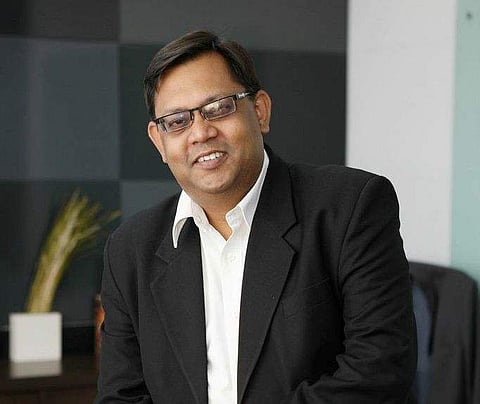

Terms like ‘skills gap’ and the ‘changing employment landscape’ are being heavily discussed these days when it comes to the future of the ever-evolving job market, but to really understand the implications of these for young graduates and job-seekers in India, it is enough to look at a few alarming statistics.
· According to the World Economic Forum’s Future of Jobs Report (2018), more than half of Indian workers will require reskilling by 2022 to meet the talent demands of the future. They will each require an extra 100 days of learning, on average.
· 70% of India’s educated youth remain unemployable, in which case the young demographic dividend becomes a liability instead of an asset.
· 90% of CEO’s believe that their company is facing disruptive change driven by digital technologies and 70% of them say that their workers don’t have the skills to adapt to the change.
· The World Economic Forum also predicted that 65% of children in school currently will be employed in jobs that don’t yet exist.
· Indian graduates are under-skilled in both technical and non-technical areas like analytical thinking and innovation, active learning and learning strategies, creativity, originality and initiative, technology design and programming, critical thinking and analysis, complex problem-solving, leadership and social influence reasoning, problem-solving and ideation, emotional intelligence and systems analysis and evaluation.
It is in this background that Institution of Engineering and Technology (IET) has introduced Engineering the Future of Work, a neutral and inclusive platform that aims to address the gaps in India’s education system as well as its workforce. “In association with this goal, the body will be organizing a one-day confluence, where representatives from the industry, academia, educational institutes and other organisations working with education, will come together to form a multi-disciplinary think-tank to analyse at what India’s job market is truly lacking and create a roadmap to deal with the inadequacies in an efficient manner,” says Shekhar Sanyal, Director and Country Head, IET India.
The event will feature eminent speakers like Naomi Climer, Past President of The IET, Co-Chair of the IFOW, UK, Pankaj Bansal, Co-Founder and CEO, People Strong, Varun Chawla, Founder, 91 Springboard, Anuja Kapoor, Advocate and Criminal Psychologist, Anitha Kaveri, Manager Sectors and Special Projects, IET India, and Reema Nanavaty, Leader, Self Employed Women's Association (SEWA) and focus on the future of four core areas -
1. Future of education will focus on how our education systems will have to reinvent themselves to provide skills for the future as well as get ready to reskill the current workforce to make them future-ready.
2) Future of organisations will focus on how organisations have to prepare for the future that automation, AI and other technologies bring and the impact on talent and their ability to deliver the goals that organisations set for themselves in the next decade.
3) Future of the professional will focus on how individuals have to reset their calibrations to become neo generalists with multiple deep specialisation versus the current trends of a single deep specialisation.
4) Future frameworks will focus on future skills frameworks for the industry as well as regulatory and legal frameworks that will support the growth of micro-entrepreneurs and the players of the gig economy.
Talking about the emergence of the ‘micro-entrepreneur’, who is essentially a professional with a broad range of skills that is employed not only by one party but multiple organisations, Shekar adds that it will be imperative for organisations to become flexible and let go of the post-industrialisation work ethics that have dominated the workforce for over 250 years, globally.
